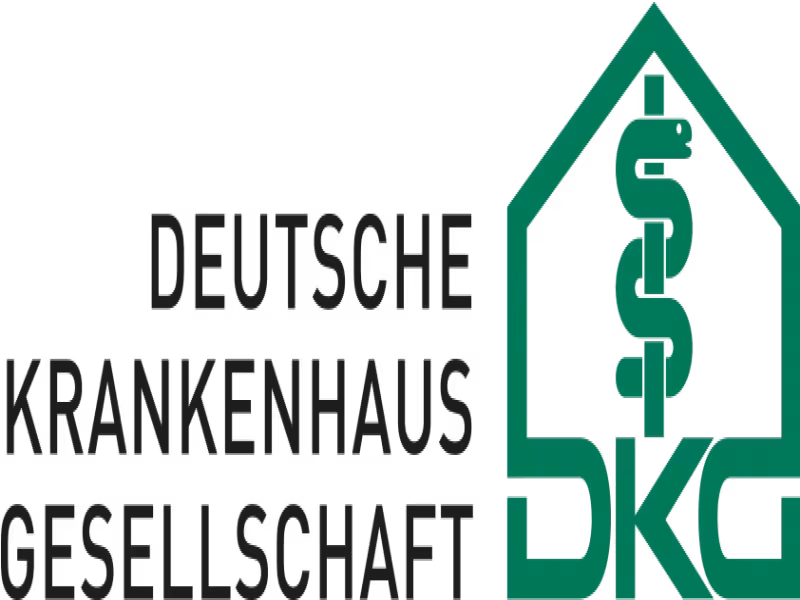
SHERIDAN, WYOMING – June 27, 2024 – In response to the National Association of Statutory Health Insurance Funds' (GKV) recent quarterly report highlighting record expenditures on hospital care, the German Hospital Federation (DKG) issued a statement refuting the assertion that hospitals are the primary driver of rising healthcare costs.
Dr. Gerald Gaß, CEO of the DKG, emphasized that the GKV's focus on absolute spending figures is misleading and fails to consider the broader context of healthcare expenditure trends. He pointed to data indicating a consistent decline in the proportion of hospital spending within the overall GKV budget since the implementation of diagnosis-related groups (DRGs) in 2004.
"The GKV's report neglects to acknowledge the substantial efforts undertaken by hospitals to contain costs and improve efficiency," stated Dr. Gaß. "The recent uptick in hospital spending is primarily attributable to long-overdue and much-needed salary increases for nursing staff and other healthcare professionals, a development that is both politically mandated and essential for maintaining a high standard of patient care."
Furthermore, Dr. Gaß highlighted that hospitals have been operating at a deficit for the past two years due to inflation-related cost increases and inadequate reimbursement rates. He cautioned against attributing recent spending increases to hospital inefficiency and stressed the need for a more nuanced understanding of the financial pressures facing the healthcare sector.
The DKG also pointed out that Germany's per-case hospital costs and the proportion of health insurance spending allocated to hospital care remain below the European average, underscoring the efficiency of the German hospital system.
In conclusion, the DKG reiterated its commitment to fiscal responsibility and its ongoing efforts to optimize resource utilization within the hospital sector. However, Dr. Gaß emphasized the need for greater collaboration and support from policymakers and stakeholders to address systemic challenges such as bureaucratic burdens, overregulation, and workforce shortages. He also called for increased investment in digitalization, telemedicine, and infrastructure modernization to further enhance the efficiency and quality of healthcare delivery in Germany.